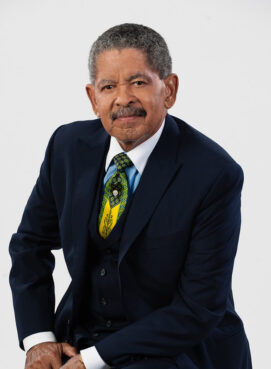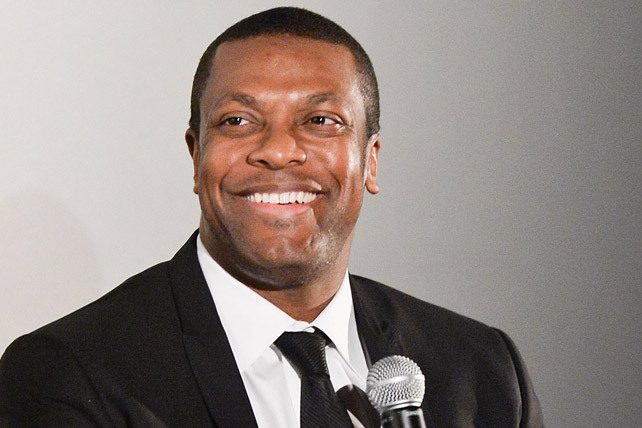In February 2020, three months before apologist Ravi Zacharias died from cancer at age 74, a post on his Facebook account urged Christians to help end slavery and rescue the 40 million people trapped in it worldwide.
This week, family members highlighted that post, using it as a springboard to encourage donations to Third Ladder. That new humanitarian organization launched after the closure of Wellspring International, an arm of Ravi Zacharias International Ministries (RZIM) spearheaded by the apologist’s daughter Naomi Zacharias.
Third Ladder Aims to Meet Humanitarian Needs
The older post about ending slavery features a photo of Ravi Zacharias with a red X on his hand, symbolizing the #EndItMovement. “Together we must SHINE A LIGHT ON SLAVERY until all people are free,” reads the caption. “Let us all commit to taking action and sharing light in our dark world.”
On Thursday, a new comment from the account appeared, stating: “The importance of helping those in need was always close to my Dad’s heart.” It includes a link to a post at Defending Ravi, the blog Nathan Zacharias launched in an effort to clear his father’s name. Ravi Zacharias had been embroiled in allegations of sexual misconduct, and after he died, an independent report found “significant, credible evidence” of wrongdoing.
RELATED: Daughter of Ravi Zacharias Leaves Her Father’s Ministry to Start Her Own
In the new post, dated December 29, Nathan Zacharias writes, “I believe that one day my Dad’s actual legacy will be restored. One piece of that—a huge piece—is his vision for humanitarian aid, and he entrusted it to my sister Naomi.” Apologetics, he adds, involves the heart as well as the brain because “our physical needs also matter to [Jesus].”
After Wellspring closed, he writes, “Naomi and her team…decided to rebuild,” and the result is Third Ladder. Because the donor base is starting from scratch, Nathan Zacharias indicates there are unknowns but also opportunities. He encourages people to make year-end donations to Third Ladder, which “a generous match grant” will double up to $60,000 total.
RELATED: Class-Action Lawsuit Claims RZIM Misled Donors, Covered up Ravi Zacharias’ Abuse
Some People Note the Irony of a Slavery Post
Many comments about the new post are positive. “Ravi had an incredible ministry and led so many to the Lord,” writes one Facebook user, adding, “Let’s remember that we are all sinners saved by grace and grace alone.” Others point out RZIM’s positive impact and urge people to stop “judging” a man who is dead.
RELATED: She Wanted to Help Ravi Zacharias Save the World But Ended Up Defending an Abuser
























